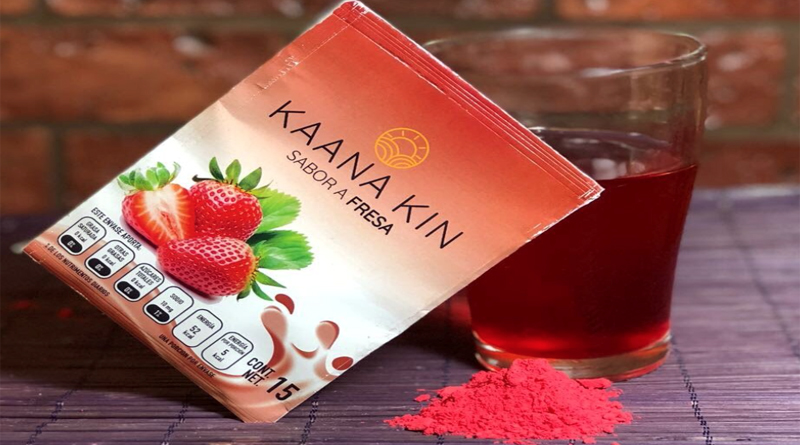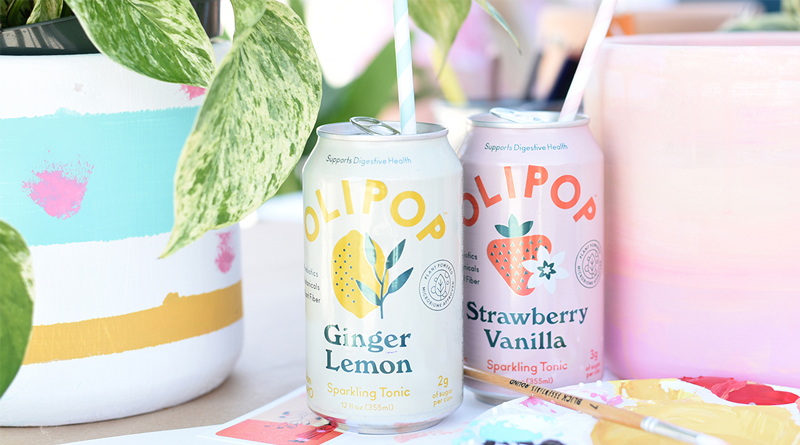Mondelez International patented a process for manufacturing chocolate using soluble corn fiber to help reduce the sugar and calorie content. The process could cut the sugar in chocolate products by up to 50%, while keeping the sweet taste consumers expect and without having significant impacts on the composition of the chocolate, according to the patent. The patent was filed under Kraft Foods, but the intellectual property belongs to Mondelez, a reflection of the fact that both companies were together at one time.
Applications could include chocolate bars as well as fillings inside a chocolate shell or inclusion in baked goods such as biscuits, pastries or cakes, the patent noted. The new composition could also be used for chocolate coatings, take the form of sprinkles or flakes, or be used in nut spreads.
“Consumers and public health bodies are becoming increasingly concerned about the sugar content of foods and in particular about the sugar content of confectionery products such as chocolate,” the patent said. “Confectionery products comprising less sugar and/or fewer calories, which may be termed ‘light’ and/or ‘sugar free’ products, are therefore growing in popularity.”
Dive Insight:
The process of using a more natural ingredient could interest manufacturers of chocolate products and consumers wanting to reduce the sugar load in the treats they purchase. According to a recent survey, people would prefer to limit their sugar intake instead of replacing it with artificial sweeteners, so soluble corn fiber might be a good solution.
Consumers are increasingly viewing foods and beverages as too sweet and are concerned about weight gain, diabetes, cavities and other negative health impacts linked to excess sugar consumption. As this perception spreads, the industry would likely prefer to offer reduced-sugar products using recognizable ingredients rather than have consumers manage their consumption by purchasing fewer packaged foods and beverages.
Mondelez offers a variety of chocolate products this new fiber could potentially be used on, including Cadbury, Milka, Toblerone, Tate’s and Chip’s Ahoy. This new chocolate-making process could allow reduced-sugar label claims and potentially give the company an even larger slice of the crowded chocolate market. The key will be in maintaining a naturally sweet taste and an acceptable texture and mouthfeel.
According to Food Navigator, the company used Tate & Lyle’s Promitor soluble corn fiber to test chocolate products on a consumer tasting panel. Members of the panel indicated very similar purchase intent scores between the full-sugar chocolate control and the reduced-sugar chocolate, the publication said.
New product launches featuring “low/no/reduced sugar” label claims jumped 45% in 2017 compared to five years prior, Kerry found. Products with “no artificial sweeteners” claims climbed 4.4%, and those with “no added sugar” claims increased 2.6% during the same period.
Given the increased interest in reducing sugar in foods and beverages, other chocolate makers have been developing methods and products to meet that goal. Most recent efforts to sweeten products using less sugar have focused on adding natural alternatives such as stevia, agave or monkfruit; changing the structure of the sugar; adding low-glucose syrup; or using flavoring ingredients.
Nestlé patented a technique for using cacao fruit pulp to sweeten chocolate that doesn’t require more added refined sugar. The company also developed an “aerated, porous sugar” containing 30% less sugar and used it in a chocolate bar marketed in the U.K. and Ireland in 2018. And last year, Israel’s Stauss Group said it had created a milk chocolate with 30% less sugar and more dietary fiber — another health-related aspect consumers are looking for.
As these companies respond to consumer demand, they are also tapping into a built-in audience of chocolate fans. Growth in the U.S. chocolate market — driven by interest in premium varieties, sugar-free and dark chocolate products — is expected to surpass $30 billion by next year, according to a 2016 TechSci Research report.
Source: Food Dive








